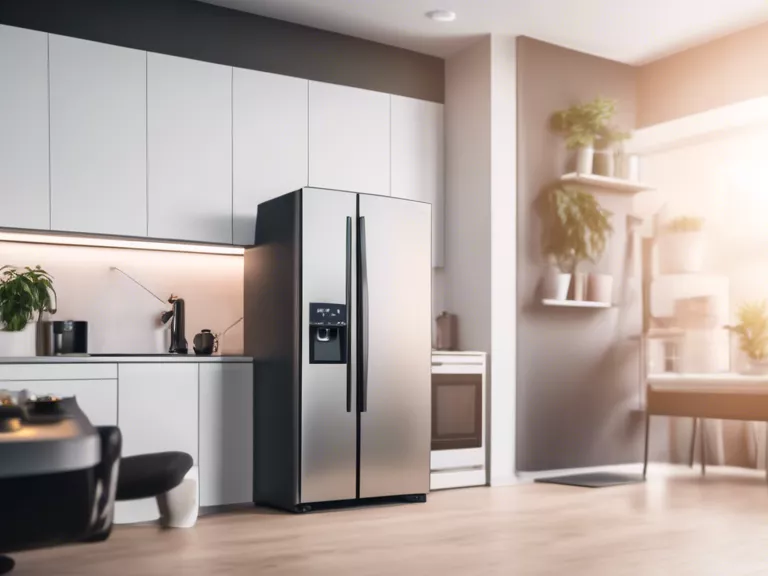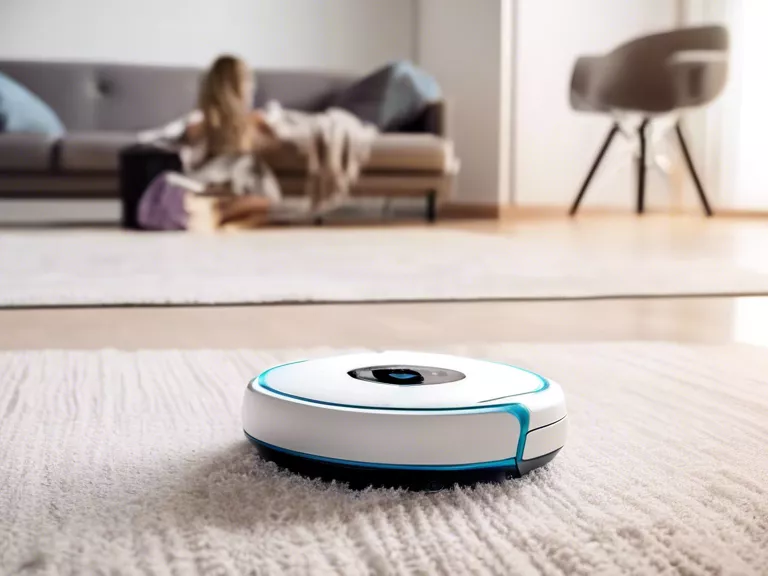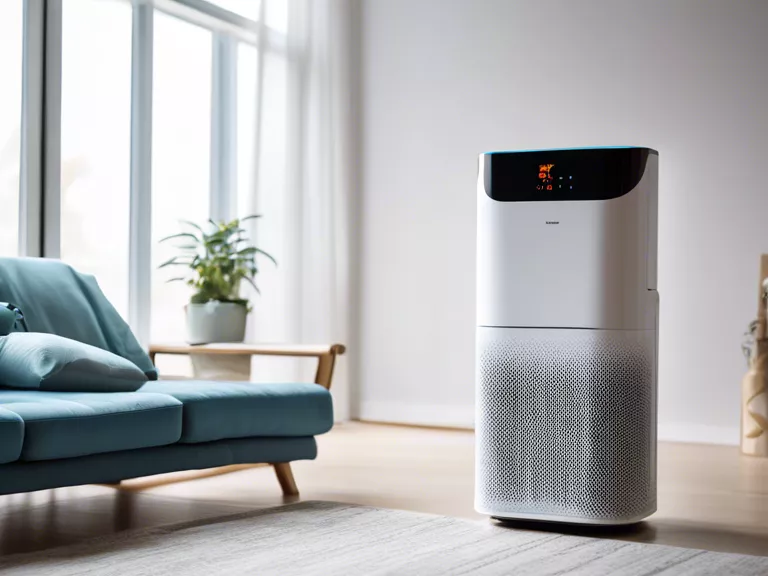
Artificial intelligence (AI) integrated smart appliances are reshaping the way households consume energy, leading to improved energy efficiency. By leveraging AI technology, these appliances can optimize their operations, reduce energy waste, and ultimately lower utility bills. In this article, we will explore the impact of AI-integrated smart appliances on energy efficiency and how they are revolutionizing the modern home.
Smart appliances such as refrigerators, washers, dryers, thermostats, and lighting systems are now equipped with AI capabilities that enable them to learn the household's usage patterns, preferences, and habits. This data is then used to automatically adjust settings and modes to maximize energy efficiency without sacrificing comfort or convenience. For example, a smart thermostat can adapt the temperature based on the residents' schedule, weather conditions, and occupancy levels, leading to significant energy savings over time.
Additionally, AI-integrated smart appliances can communicate with each other and make coordinated decisions to further optimize energy consumption. For instance, a smart refrigerator can adjust its cooling cycle based on the energy demand forecast from the smart grid, while the smart dishwasher can delay its operation to avoid peak energy usage hours. These interconnected devices work seamlessly together to reduce overall energy consumption and promote sustainability.
Furthermore, the data collected by AI-integrated smart appliances can provide valuable insights to homeowners on their energy usage patterns and areas for improvement. By tracking energy consumption in real-time and providing personalized recommendations, these appliances empower users to make informed decisions and adopt more energy-efficient habits. This data-driven approach not only helps reduce energy bills but also contributes to a greener and more sustainable environment.
In conclusion, AI-integrated smart appliances are revolutionizing the way households consume energy by leveraging advanced technology to optimize operations, reduce waste, and promote energy efficiency. As more homes adopt these smart devices, we can expect to see a significant reduction in energy consumption and a positive impact on the environment. Embracing AI technology in appliances is not just a trend but a strategic move towards a more sustainable future.



